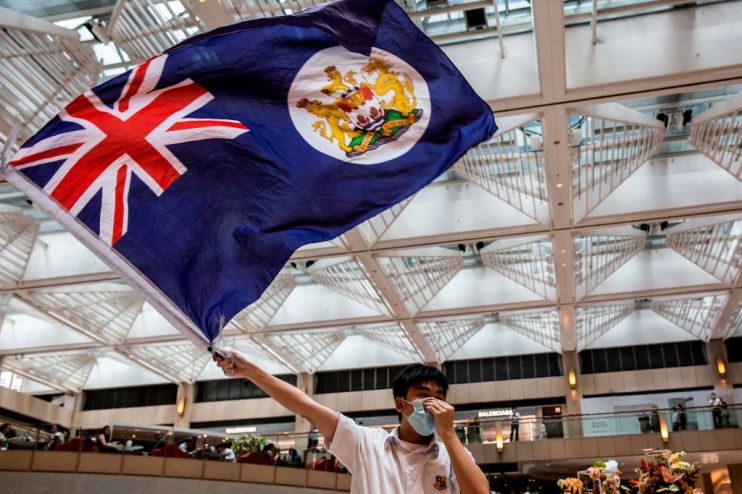UK tells China to ‘step back from the brink’ on new Hong Kong security legislation

Foreign secretary Dominic Raab has told China to “step back from the brink” and to not enforce the planned security legislation in Hong Kong.
Raab told MPs today that the new legislation “lies in direct conflict with China’s international obligations” and was a breach of Hong Kong’s autonomy.
The UK announced last week it would offer UK visas to the 3m British National Overseas (BNO) passport holders in the former British territory, with a pathway to future citizenship, if Beijing enforced the planned changes.
The new legislation, passed by China’s parliament last week, would see a clampdown on criticism on the Communist Party of China and the setting up of security agencies in Hong Kong for the first time.
Raab told the House of Commons today that the legislation was in breach of its commitment to maintain a “one country, two systems” approach agreed in the 1997 handover.
“To be very clear and specific about this, the imposition of national security legislation on Hong Kong by the government in Beijing rather than through Hong Kong’s own institutions lies in direct conflict with Article 23 of China’s own basic law,” he said.
Before the Open: Get the jump on the markets with our early morning newsletter
“And it lies in direct conflict with China’s international obligations freely assumed under the Joint Declaration.”
“There is time for China to reconsider, there is a moment for China to step back from the brink and respect Hong Kong’s autonomy and respect China’s own international obligations.
“If China continues down this current path, if it enacts this national security law, we will consider what further response we make, working with those international partners and others.”
The move comes after the UK last week issued a joint statement with the US, Australia and Canada saying that the new Chinese legislation would “dramatically erode Hong Kong’s autonomy”.
A spokesman for the Chinese foreign ministry said that Beijing firmly opposed the statement and had lodged representations with the countries.